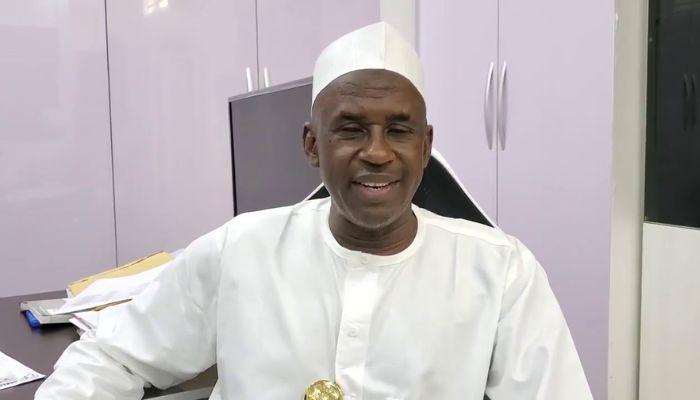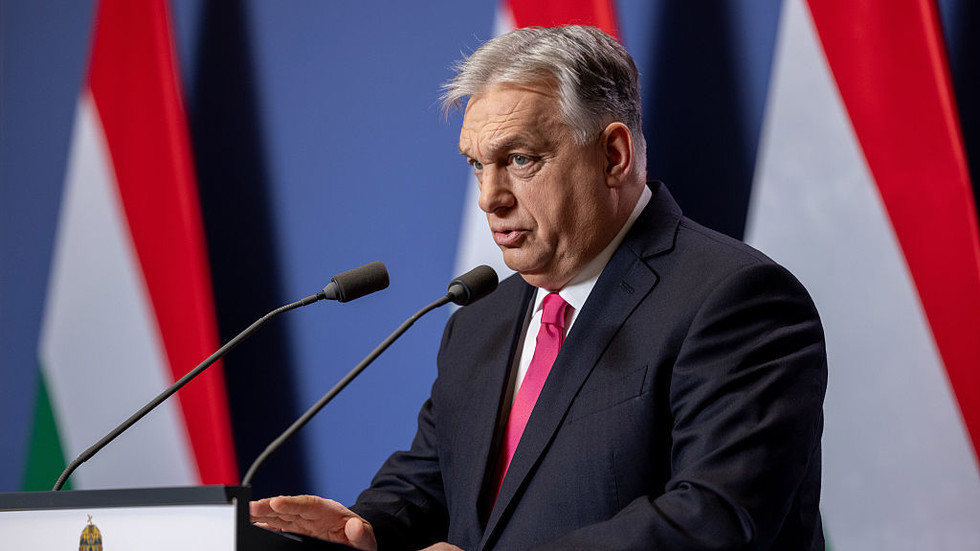In a sweeping disciplinary crackdown, Nigerian correctional authorities have terminated 15 officers and sanctioned dozens more following investigations into widespread professional misconduct. The Civil Defence, Correctional, Fire, and Immigration Services Board confirmed the actions after reviewing 224 cases involving personnel of the Nigerian Correctional Service (NCoS), marking one of the most significant accountability measures in recent years.
Fifteen officers were dismissed outright for serious violations of service regulations, while 59 others faced rank reductions over breaches of professional standards. An additional 42 staff received written warnings as corrective measures, according to a Thursday statement by NCoS spokesman Umar Abubakar. The review also exonerated 16 personnel after allegations against them were deemed unsubstantiated. Seven staff members remain suspended pending further investigation into their roles in an undisclosed case.
Notably, one officer implicated in a high-severity case was suspended and recommended for prosecution by Nigeria’s Economic and Financial Crimes Commission (EFCC), the country’s primary anti-corruption agency. Eight staff were compelled into early retirement, and one individual was ordered to refund salaries earned after unlawfully holding a higher rank.
The decisions followed recommendations by the board’s Disciplinary and General Purpose Committee, which cited “extensive investigations and due process” in its findings. Minister of Interior Olubunmi Tunde-Ojo, overseeing the board, reiterated its commitment to enforcing “high ethical and professional standards” across all leadership tiers. The move aligns with broader efforts to reform Nigeria’s correctional system, long scrutinized for inefficiencies and allegations of internal malpractice.
Controller General of Corrections Sylvester Nwakuche emphasized transparency in the process, stating that disciplinary measures would continue to be applied “with fairness” and in line with established protocols. Authorities urged public cooperation to strengthen oversight, though details of specific misconduct cases were not disclosed.
The audit underscores mounting pressure on Nigerian institutions to address accountability gaps, particularly in law enforcement and correctional services. With over 240 custodial facilities managing approximately 70,000 inmates—many overcrowded and under-resourced—the NCoS faces persistent challenges in balancing security mandates with human rights obligations.
While the sanctions signal a firm stance against misconduct, analysts note that systemic reform will require sustained efforts, including improved welfare for personnel and modernized infrastructure. The board’s actions, however, mark a proactive step in addressing internal governance—a move observers say could bolster public trust in the nation’s criminal justice framework.



